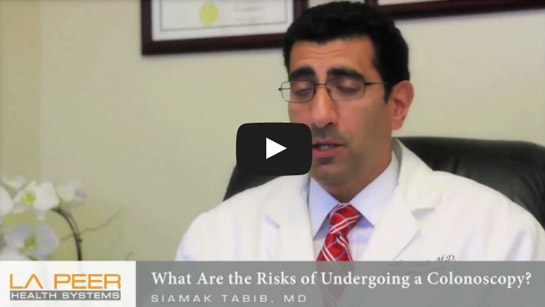Early detection of any illness or disorder is perhaps the most essential aspect of treating it. This is the goal of a colonoscopy. It seeks to detect changes in your large intestine, informing you and your physician of any action you need to take.
What Is a Colonoscopy About?
During a colonoscopy, your physician uses a small device with a camera to examine your colon and rectal area. With incredible accuracy, it allows for effective screening of colon cancer and other ailments.
We recommend that most patients receive a routine colonoscopy every 5-10 to screen for any abnormalities. For patients who could be more at risk, we advise more frequent screenings.
What Does It Detect?
- Polyps – Extra tissues that grow inside the body
- Cancer – Severe but can be preventable if detected early
- Colitis – Inflammation of the colon
- Diverticulosis – Pockets that form on the inner wall of the intestine
- Bleeding lesions – Bleeding that happens from different parts in the colon






